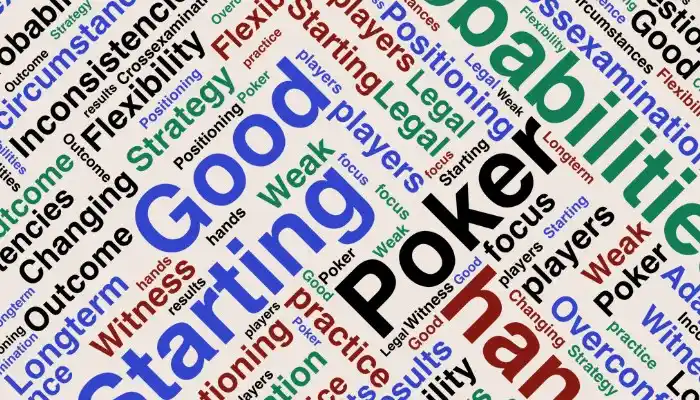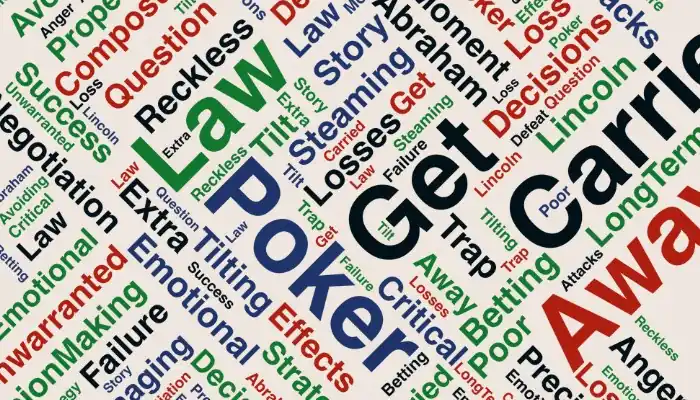Poker is a game of probabilities where those probabilities are the same for all players. There is no such thing as a lucky player who always gets better cards; rather, good players win because they play their cards better. Good starting hands usually remain strong throughout the game, and this comes down to simple mathematics.
Evaluating Starting Hands in Poker and Legal Practice
In poker, weak players might become attached to hands that seem strong at the start, but those hands do not always lead to victory. Similarly, lawyers might place too much faith in their pre-designed strategies and fail to adapt their approach when needed.
For instance, imagine during a witness cross-examination, a lawyer aims to discredit the witness by highlighting inconsistencies in their statements. The witness initially reported that the attacker was tall with long hair, but in court, the defendant has a medium height and short hair. The lawyer, relying on this contradiction, tries to undermine the witness’s credibility. However, if the witness provides convincing explanations about the attacker’s change in appearance or their own viewing angle, continuing to press this line of questioning could backfire, reinforcing the witness’s credibility instead.
The Trap of Overconfidence in a Plan
Just as poker players might become too attached to their good starting hands and end up losing, lawyers must be careful not to overly rely on their initial plans. A good strategy must be flexible and capable of adapting when faced with unexpected circumstances. This is especially important during witness questioning in court.
Conclusion
In both poker and legal practice, only the long-term results matter. Good players and lawyers know that they don’t need to win every hand but should focus on the overall outcomes. Playing with good starting hands is important, but the ability to adjust strategy throughout the game and position oneself correctly is also crucial. Therefore, professional lawyers, like professional poker players, should be ready to adapt their strategies to changing circumstances rather than relying on a fixed plan.
Source: Lawyers’ Poker: 52 Lessons that Lawyers Can Learn from Card Players: Lubet, Steven: 9780195369014: Amazon.com: Books. (n.d.). Retrieved June 15, 2024, from.




